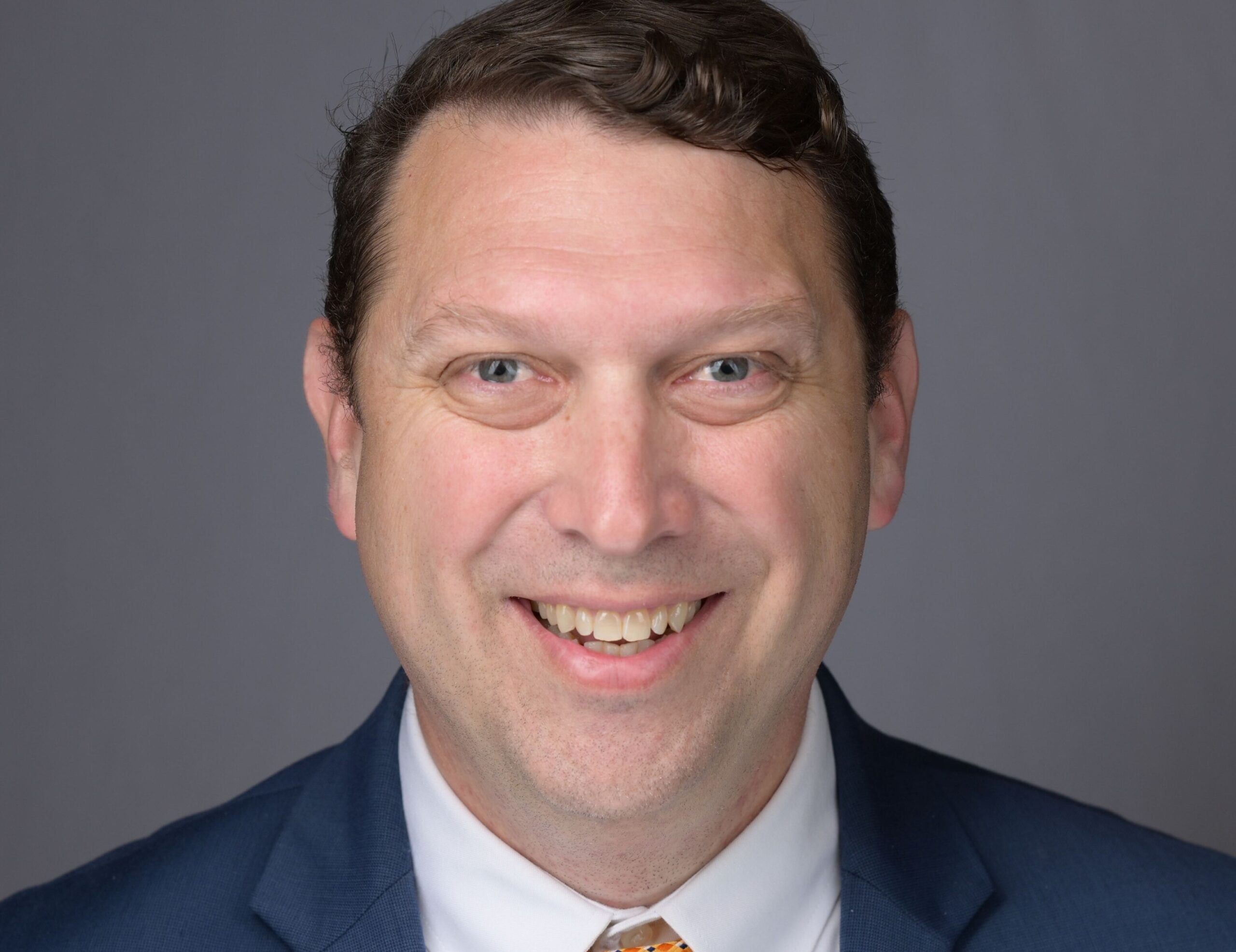While Bond Almand can’t pinpoint exactly when he found out about the Pan Am cycling challenge and the record time it’s been completed in, it was something he’s dreamed about for the past decade.
“It’s always been the pinnacle of sport for me,” he said. “A lot of people think the Tour de France is the pinnacle of cycling, but I’ve always been attracted to the longer riding and this was one of the longest routes in the world you could do, so that’s what really attracted me to it.”
The Dartmouth College junior, who grew up near Great Smoky Mountains National Park in Tennessee, set out on Aug. 31, 2024, and completed the challenge Nov. 15. Almand set a record time with more than nine days to spare. The Pan Am route goes from the most northern point in North America to the most southern point in South America and can be traversed either way.
His desire to attempt to make history brought him all the way to the shores of Prudhoe Bay in Alaska to embark on his long-awaited journey.
“It starts in Alaska, which is somewhere I’ve always wanted to go,” Almand said. “I’d never been to Alaska before and Latin America was an allure to me too because I know a little bit of Spanish, but not that much, so that exploration aspect was an allure as well.”
:quality(70)/cloudfront-us-east-1.images.arcpublishing.com/adn/J443PCM2IRCRXM6F4MWRNMLKTE.jpeg)
His stay in the 49th state wound up being longer than he had originally planned, by an additional three days.
“When TSA searched my bike box when I was flying up, they took everything out and failed to put everything back in, so I was missing a piece to my bike when I got to Prudhoe Bay and was stuck there for a couple of days waiting for the new part to come in,” Almand said.
With plenty of time on his hands, Almand walked around town, which mostly consisted of a gravel road, and hitchhiked back and forth to meet people.
“There’s only like, one place to eat in town, at the Aurora Hotel, so I spent a lot of time there eating at the buffet but I spent a lot of time staring at the tundra,” Almand said.
:quality(70)/cloudfront-us-east-1.images.arcpublishing.com/adn/BOKWJXVKOVER3EWNOYQDX5UBMM.jpeg)
When his bike part finally arrived and he set out on his adventure, the first leg was his most memorable.
“Alaska was incredible, probably one of my favorite sections for sure,” Almand said. “It was pretty good weather. I went through Brooks Range first, which was just so beautiful. It was fall, so it was turning colors and the aspen were all bright yellow.”
He rode through a little bit of snow in the Brooks Range, enjoyed seeing wildlife and was stunned riding through the Alaska Range and gazing upon Denali.
It only took him around 4 1/2 days to bike through the state, and even though he’s seen mountains of similar and even greater magnitude, having been to the Himalayas in his previous travels, he particularly appreciated his experience in Alaska.
“Being able to bike through the mountains instead of just flying to Nepal and seeing mountains made it really special,” Almand said. “The further south I got in Alaska got super remote, especially closer to Tok, and that was pretty incredible.”
:quality(70)/cloudfront-us-east-1.images.arcpublishing.com/adn/TIBZTO6GJRDKHL37NGERFHGLQ4.jpeg)
He said that the most fun part of his journey was Alaska because that was when he was his freshest and he got to take in beautiful scenery and was fortunate enough to get good weather.
“But also Colombia was super exciting,” Almand said. “Like Alaska, there’s some really incredible mountains in Colombia and also beautiful culture and incredible food.”
The best meal he had during his travels was the tamales he ate while biking through pineapple fields in Mexico.
“It was in the middle of nowhere and there was a lady selling pineapple chicken tamales,” Almand said. “She was picking them right out of the field and cooking it right in front of me. Those tamales were so good.”
Almand’s 75-day ride was significantly faster than the previous record of 84 days, which was held by Michael Strasser. While Almand’s mark appears to be accepted in the bikepacking world, he didn’t have it certified with Guinness. He said that was partly due to cost and partly due to their standard for certification.
“They have a lot of stipulations around the record,” he said. “They have their own measurement, one of which is you have to have witnessing signatures every single day and you have to have live tracking and all these other rules.”
As far as the most challenging portion of his journey, it came while he was traveling through Canada. He had to brave cold rain and strong headwinds, which continued when he got to the Lower 48 and through South America.
“When you’re cycling, headwind is one of the worst things you can have because it slows you down a lot,” Almand said. “From Peru until the finish, I had headwinds pretty much every single day.”
:quality(70)/cloudfront-us-east-1.images.arcpublishing.com/adn/WKYCLUGAJVFP7BIPUHFPHKKQZQ.jpeg)
Setting smaller goals for himself along the way helped him push through, including testing both his mind and body. But the biggest motivator was the ultimate goal of achieving his dream, which was more within reach the more he persevered.
“I’ve been dreaming the entire trip for so long that quitting was never an option,” Almand said. “Quitting would’ve been the hardest thing for me to do because I wouldn’t have been able to go home and live with myself having just walked away from it.”

/cloudfront-us-east-1.images.arcpublishing.com/gray/WK2JDPBFQVIO7IB7NZN7SI5HLA.jpg)








:quality(70)/cloudfront-us-east-1.images.arcpublishing.com/adn/TIBZTO6GJRDKHL37NGERFHGLQ4.jpeg)





















